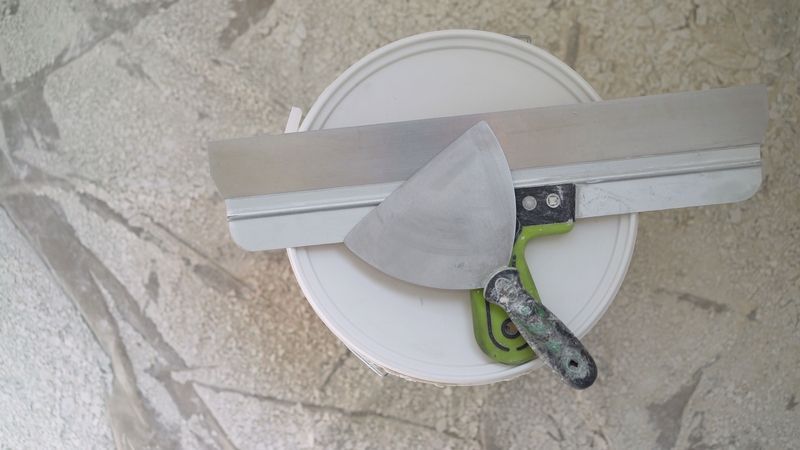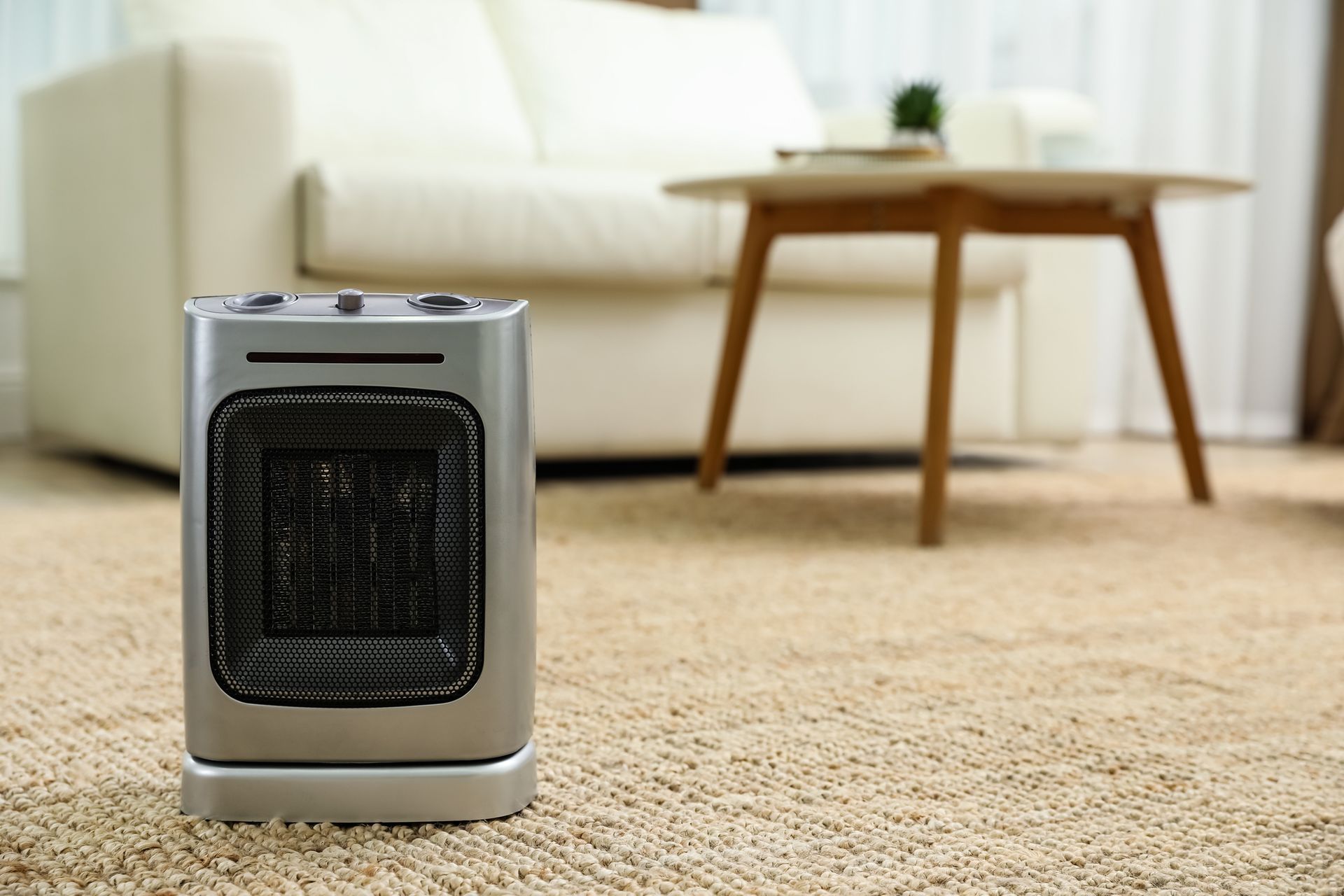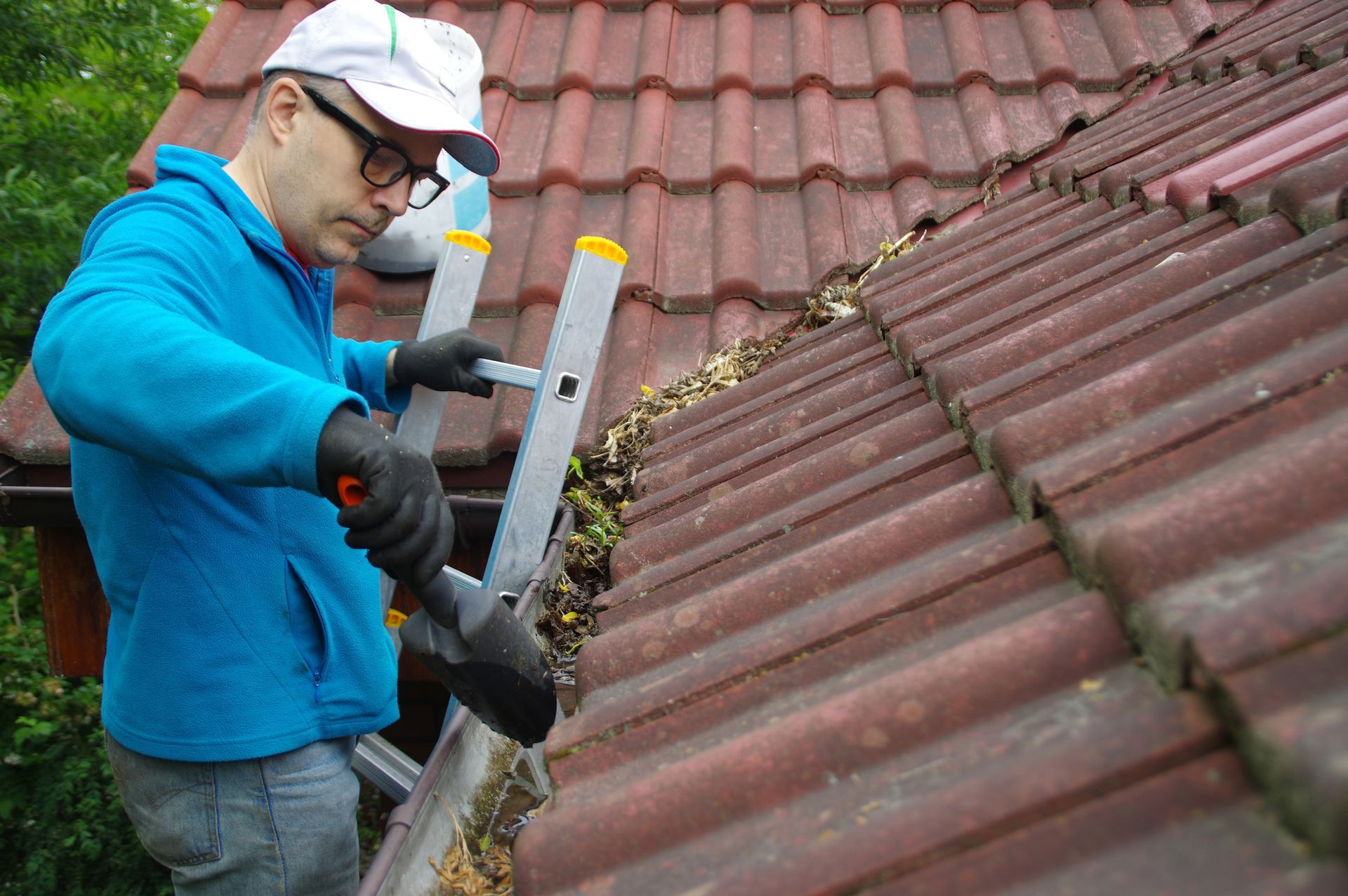When to Replace Your Water Heater
Share this content!
Whether you have minimal hot water or you are noticing leaks, there are several clear signs that your hot water heater is not functioning properly and it may be time to replace it. Some issues can be repaired, but if your water heater is more than 10 years old, it’s a good idea to consider a new one.
The lifespan of a water heater varies, but on average traditional tank storage water heaters can last from 10 to 15 years with proper maintenance. Tankless styles can last up to 20 years or more. This article describes some signs you should look for and simple maintenance tips to be sure your water heater lasts as long as possible.
Signs It’s Time to Replace Your Water Heater
Are odd sounds coming from your water heater? Are you experiencing no hot water or inconsistent hot water? If you wait until the hot water heater stops operating, you could be stuck without hot water for several days while waiting for a new one.
Replacing your water heater before it becomes an emergency will save you time, money, inconveniences and could even prevent damage to your home.
These are some of the most common considerations to keep in mind when considering replacing your water heater.
- Age – If your tank water heater is more than 10 years old, it may be time to consider replacing it. With proper maintenance, a tank water heater tank should last 10 to 15 years. A tankless water heater can last for more than 20 years. Check your water heater’s warranty for the most accurate timelines.
- Leaks – Replace your water heater immediately if it is leaking. Leaks are generally the result of pressure buildup inside the tank. This happens when the water pressure or temperature is too high, or when the unit’s relief valve is not working properly. A neglected leak can lead to a tank explosion. Signs of leaks include moisture or puddles around the water heater’s base and water corrosion on the side of your tank. Contact a trusted professional immediately if you notice these warning signs.
- Knocking Noises – Sediment buildup can cause loud noises. As sediment hardens, it can move around the tank and cause knocking, rumbling, and gurgling sounds. To prevent unnecessary wear and tear and also to preserve your water heater, have it flushed regularly to remove any deposits from the tank’s heating elements.
- Rusty Water –A clear sign that your unit is underperforming is water discoloration. Rust-colored water or water with a metallic odor can mean that the sacrificial anode rod needs to be replaced or the tank itself is beginning to rust. This is often due to corrosion at the steel lining. A corroded tank must be replaced as soon as possible.
- Cloudy Water – When you see cloudy water, it may indicate you have a sediment buildup in your water heater.
- Cold Water – If your water remains cold even after you turn on the hot water tap, a heating element may be broken.
- High Utility Bill -- A common sign of trouble with any water heater is often a higher utility bill. If your unit is using extra energy to provide the same amount of hot water, it’s time to take a closer look.
How to Maintain Your Water Heater
If you want to preserve and extend the life of your water heater, proper maintenance is required. To keep your water heater in top condition, the tank should be drained, flushed, and cleaned at least once a year. If you live in an area with hard water, consider having your water heater serviced every six months.
Tankless water heaters require less maintenance. However, the hot water system should be flushed each year to prevent sediment buildup caused by lime and mineral deposits. To remove this buildup, a tankless water heater can be turned off and flushed with water and white vinegar for 60 minutes.
Water heaters can occasionally be repaired by replacing a few key elements. Replaceable parts include the burner assembly, heating elements, valves, thermostats, thermocouples, igniters, and motors.
You may be able to repair your water heater if the unit is less than 10 years old and if a replaceable part is failing.
Replace Your Water Heater to Prevent Damage to Your Home
Water heater failure causes more damage than just cold showers. A leaking tank can cause possible risks to your home and is generally beyond the scope of repair. If you notice water leaks, turn off the water supply and power to the unit to prevent more damage.
Leaking and pooling water can cause severe harm to floors, walls, furniture, you’re your personal belongings. If a water heater bursts, 50 gallons of water could accumulate in your basement, laundry room, or garage. Regular maintenance can help avoid catastrophic failure. Checking the sacrificial anode rod that attracts corrosive compounds and replacing it when it rusts will help protect the tank from corrosion and rust.
Water damage in your home can also cause mold and mildew growth, which can cause even further damage and put household members’ health at risk.
Are you ready for a new water heater?
Fountain Building Supply is your source for leading brand-name water heaters in multiple varieties. Explore our selection of water heaters, and call FBS today to request pickup or delivery or to place a special order for your next water heater.
Follow Us on
Facebook and
Instagram Win Prizes!
Contact Us
" Get In, Get Help, Get It Done with Fountain "
Share this story!











Share On: